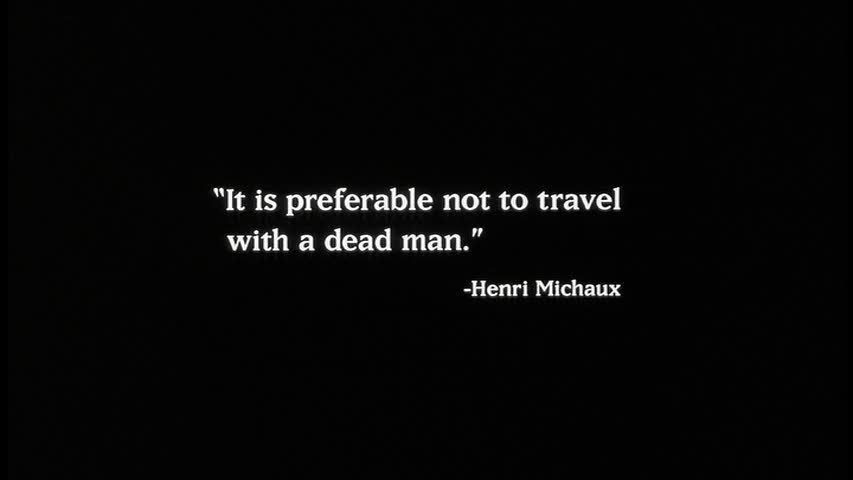
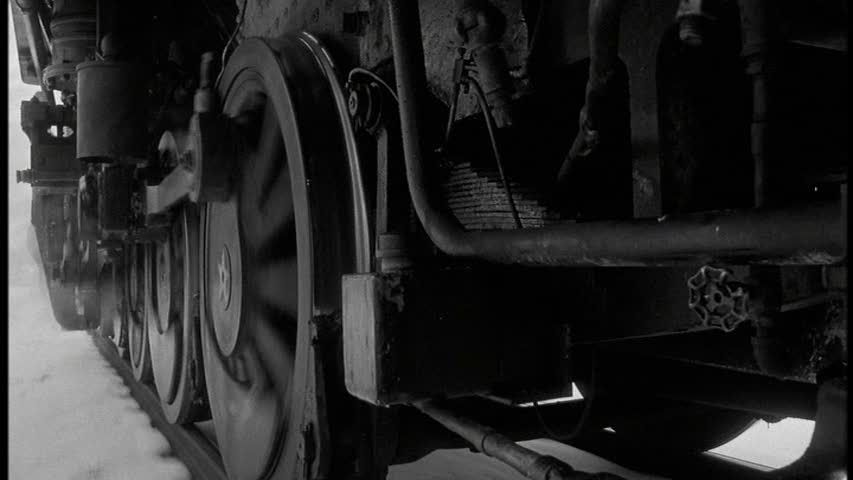
Dead Man is Jim Jarmusch's feverish American nightmare, a poetic vision of the American West — and the movie Western — as an endless plain of absurdist violence and senseless destruction. In the film's opening scenes, the accountant William Blake (Johnny Depp) rides on a train bound West following the death of his parents, towards the promise of a new job. But a coal-smeared train worker (Crispin Glover, in one of many memorable cameos dotted throughout the film) prophetically warns him not to trust in anything, not to expect sense or justice from the West. After all, he points out, as behind him the men on the train hoot and holler, shooting at buffalo through the windows, this is a land where millions of animals have been killed for no apparent reason. It's this idea that carries through the rest of the film, the idea of the American West as a surrealist frontier, where buffalo skulls line the walls, where friendliness is greeted with gunfire, where even sensual pleasure is deadly. Blake arrives in the West to find he doesn't have the job he was promised, but his true downfall comes after a gunfight in which he's wounded, fleeing with a bullet in his chest and an unjust dual murder charge chasing him.
Wounded and weak, Blake is discovered by the Native American Nobody (Gary Farmer), who believes that his new ward is actually the poet William Blake. Together, they embark on a metaphysical journey towards Blake's eventual death, a spiritual adventure that Nobody approaches as if the other man is already dead, which maybe he is. In any event, Blake and Nobody's journey causes them to cross paths with Iggy Pop as a cross-dressing outlaw, an aging Robert Mitchum as a shotgun-toting factory owner who always appears in front of his own self-portrait, and Lance Henriksen, Michael Wincott and Eugene Byrd as a trio of ornery bounty hunters. The film's bursts of violence are darkly comic and ridiculous, with Depp's Blake evincing a serene detachment while his enemies are dispatched through Rube Goldberg-like bullet trajectories. The film is a fable of the West, a deconstruction of the scrubbed-clean Hollywood Westerns of old: Jarmusch makes his film about the exploitation of the Native Americans, the casual brutality and violence, the greed and power lust that drove men into the West, grasping at everything they could find. Jarmusch's poetic dream-story suggests an alternative to the cowboys vs. Indians mythology; this is the West in all its raw, nightmarish intensity, a West awash in blood and grit.
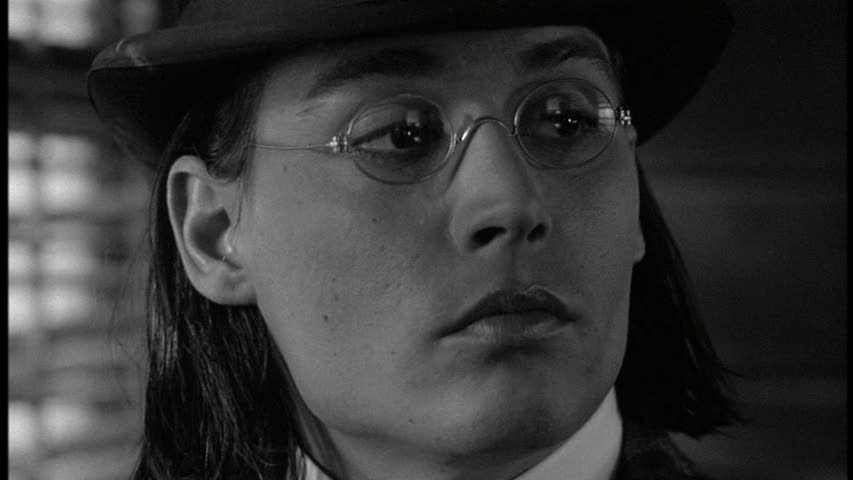
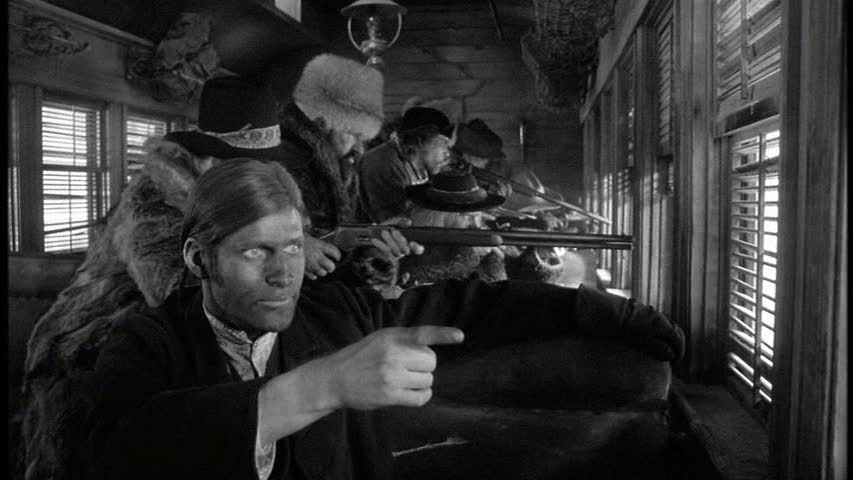

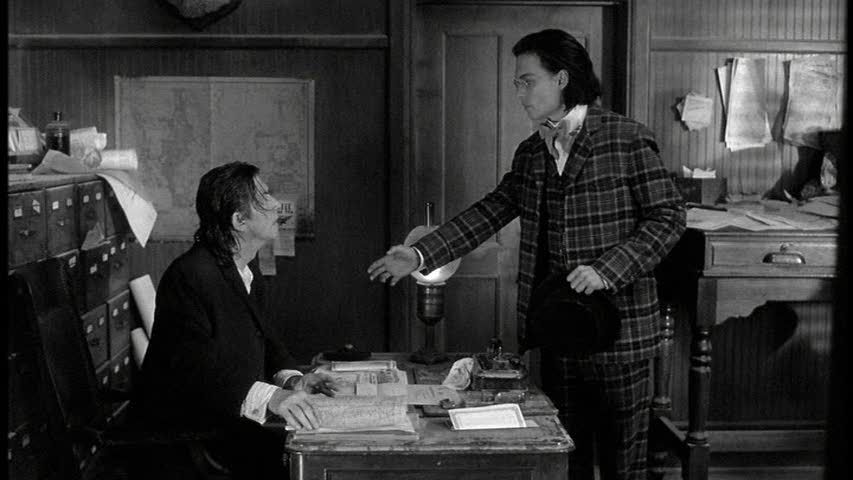

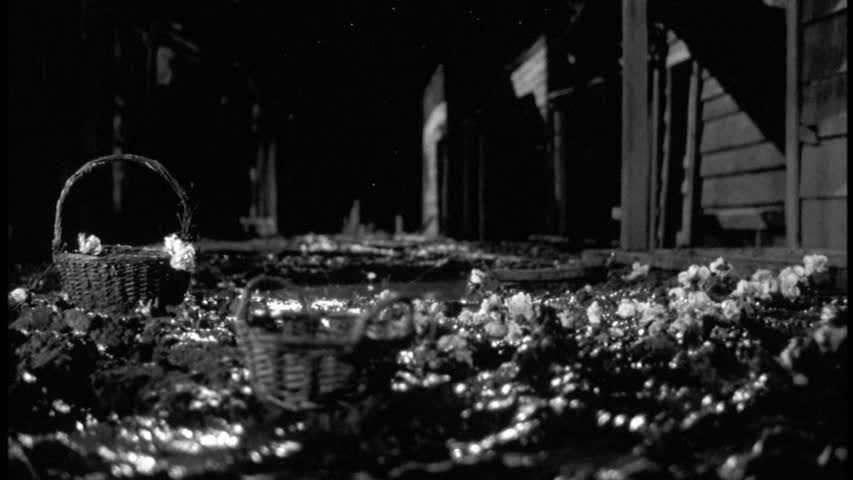
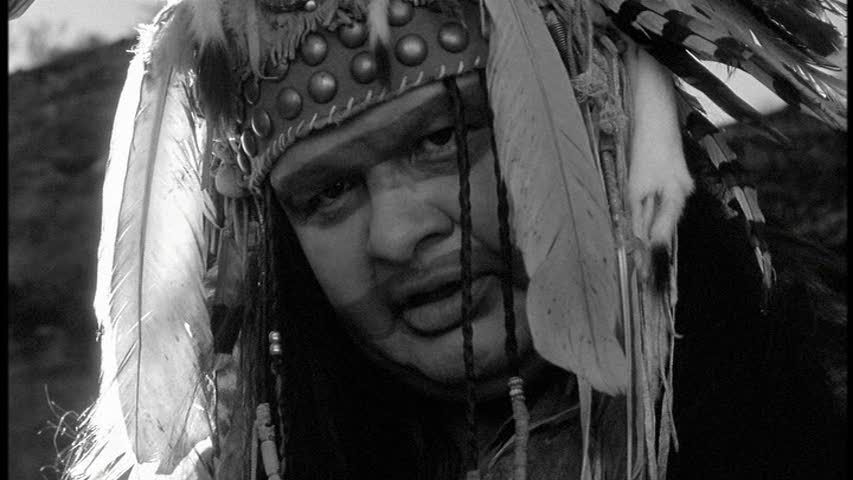
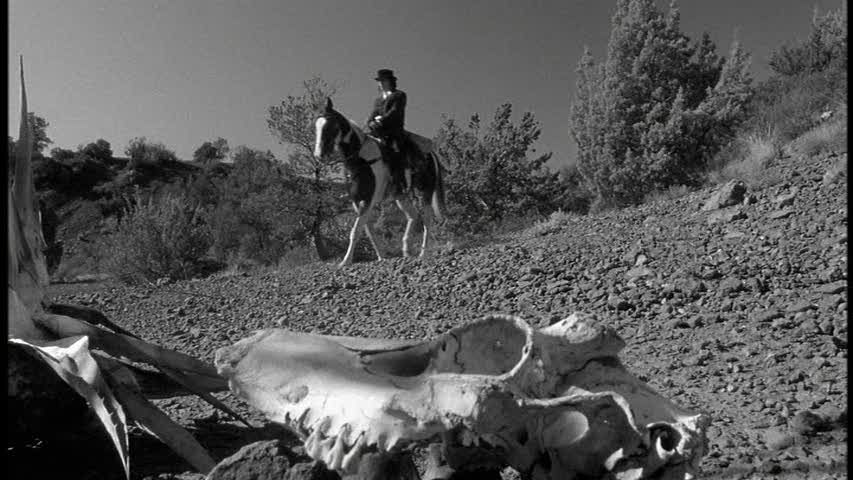
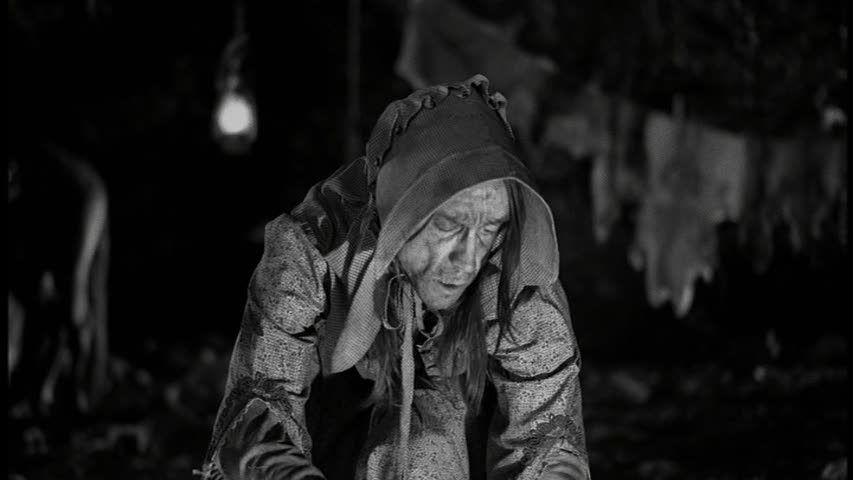
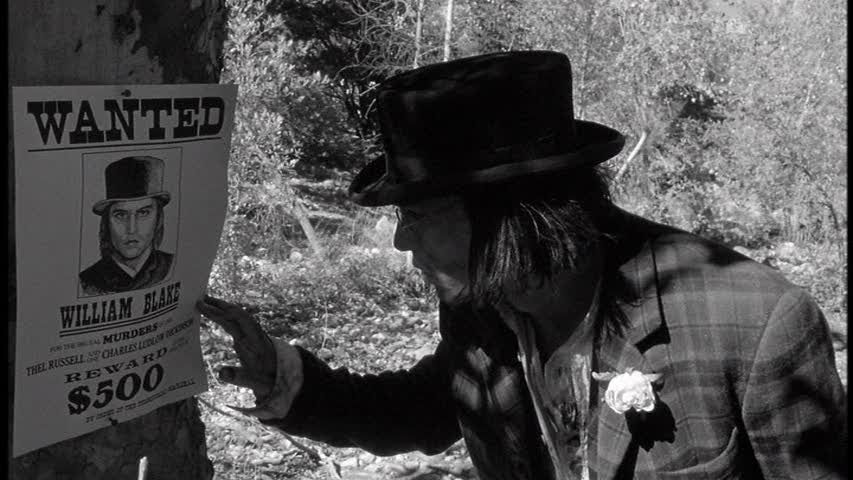
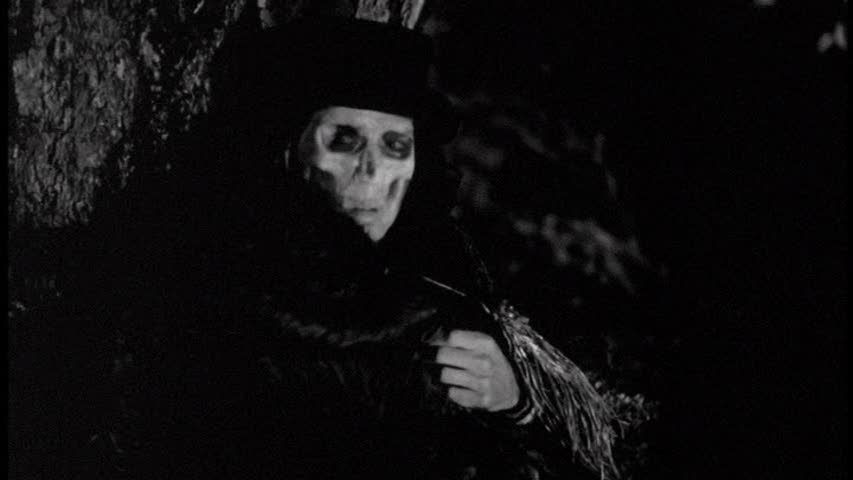
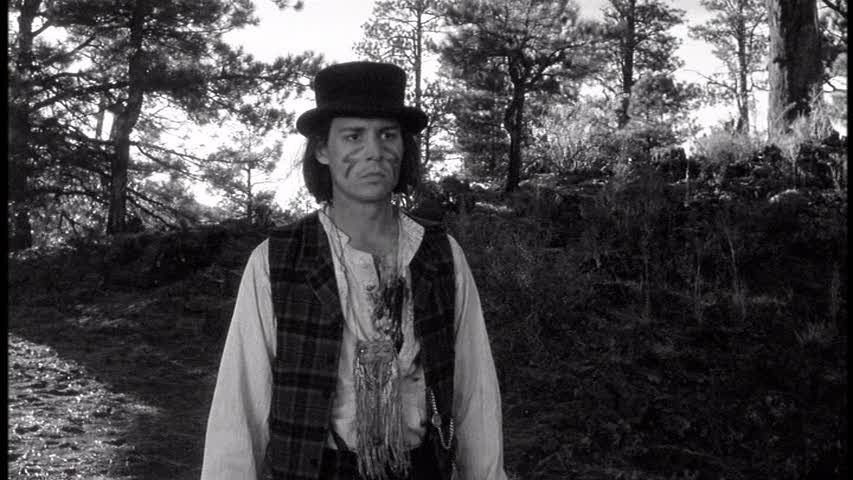
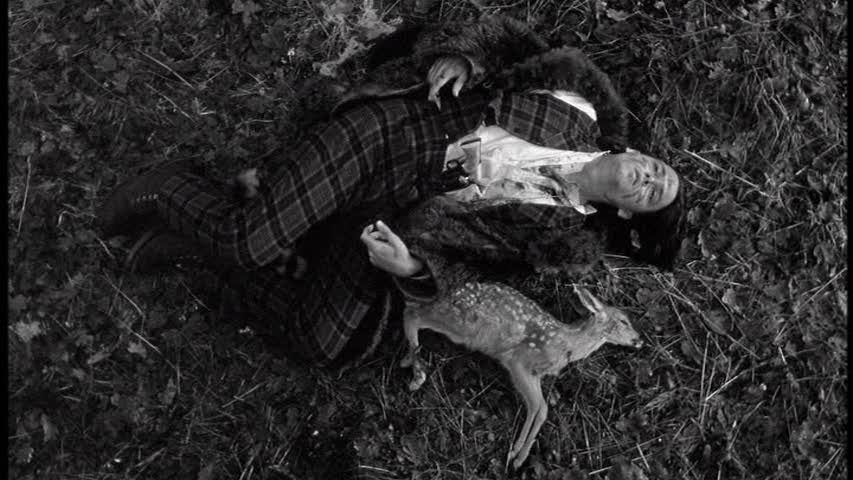
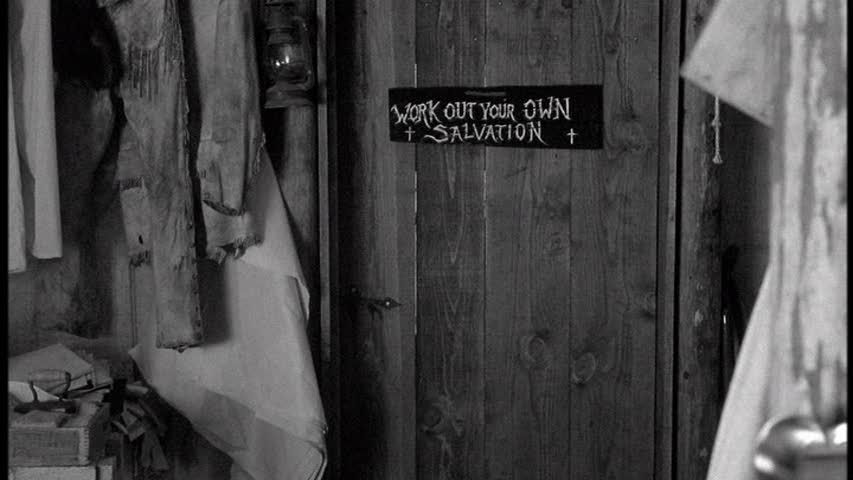


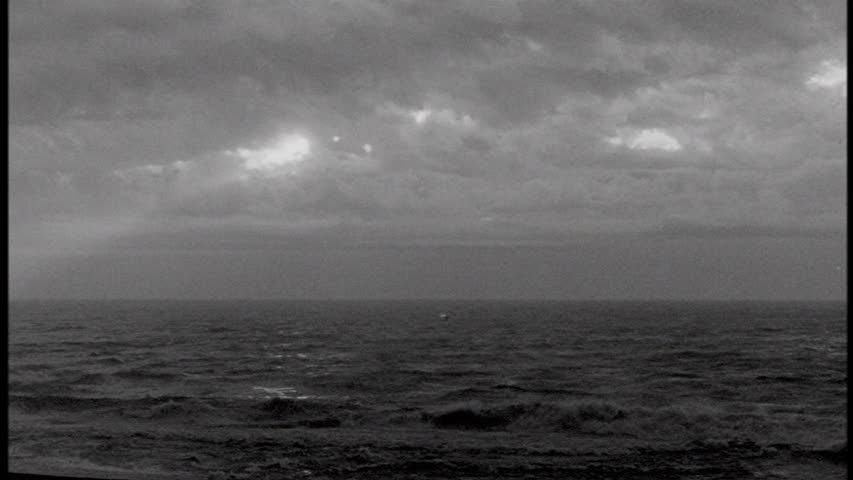








0Awesome Comments!